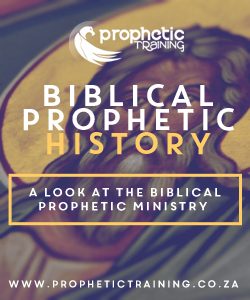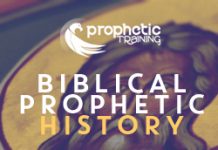Prophecy in the New Testament
Malachi finds a successor in John the Baptist, whose coming the former had predicted. John is the greatest of the prophets, because he could directly point to Him who completed the old covenant and fulfilled its promises. All that we know in addition concerning the times of Jesus shows that the prophetical gift was yet thought of as possibly dwelling in many, but that prophecy was no longer the chief spiritual guide of the people (compare e.g. Josephus, Ant., XIII, xi, 2; XV, x, 5, among the Essenes, or in the case of Hyrcanus, op. cit., XIII, x, 7).
Josephus himself claims to have had prophetic gifts at times (compare BJ, III, viii, 9). He is thinking in this connection chiefly of the prediction of some details. Such “prophets” and “prophetesses” are reported also in the New Testament. In Jesus Christ Himself the prophetic office reached its highest stage of development, as He stood in a more intimate relation than any other being to His Heavenly Father and spoke His word entirely and at all times.
In the Christian congregation the office of prophecy is again found, differing from the proclamation of the gospel by the apostles, evangelists, and teachers. In the New Testament the terms προφήτης, prophḗtēs, προφητεία, prophēteı́a, προφητεύω, prophēteúō, signify speaking under the extraordinary influence of the Holy Ghost. Thus in Act 11:27 f (prophecy of a famine by Agabus); Act 21:10 f (prediction of the sufferings of Paul); Act 13:1 f (exhortation to mission work); Act 21:9 ff (prophetical gift of the daughters of Philip). Paul himself also had this gift (Act 16:6 ff; Act 18:9; Act 22:17 ff; Act 27:23 f).
In the public services of the church, prophecy occupied a prominent position (see especially 1 Cor 14). A prophetical book in a special sense is the Apocalypse of John.










 Get the Basic Prophetic Training Manual.
Get the Basic Prophetic Training Manual.